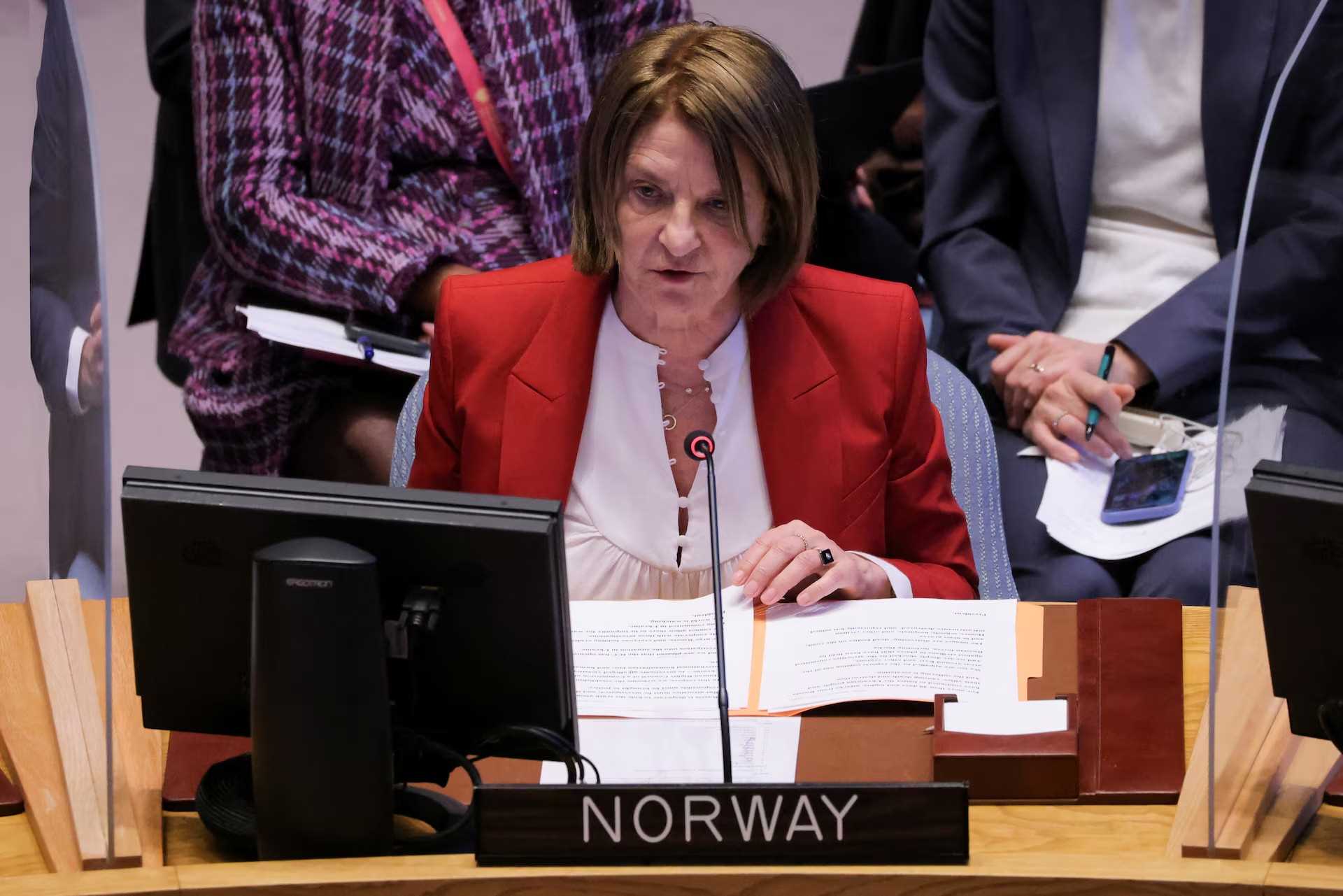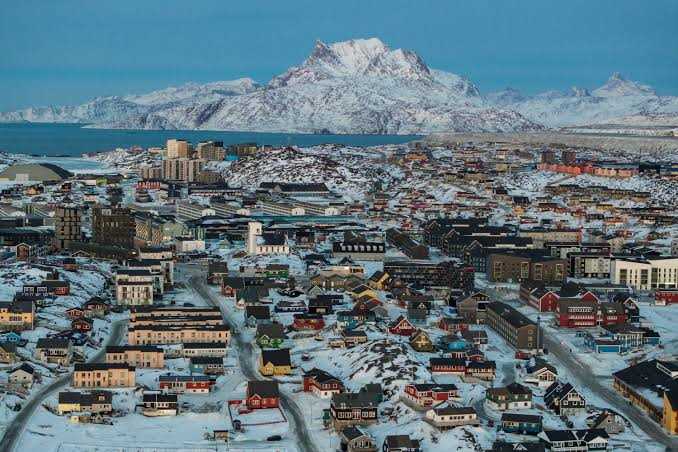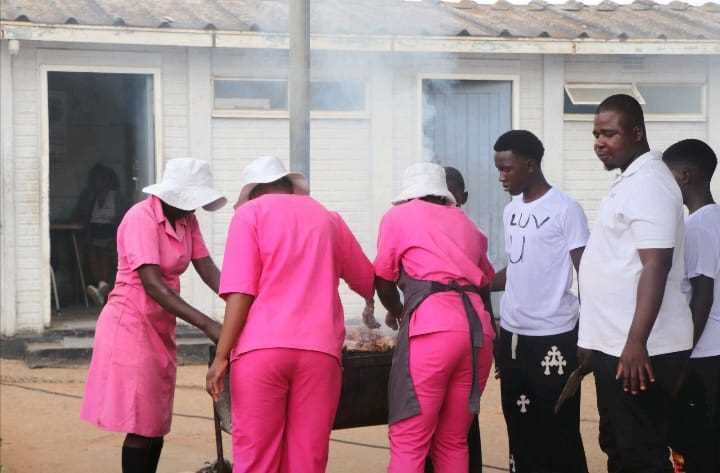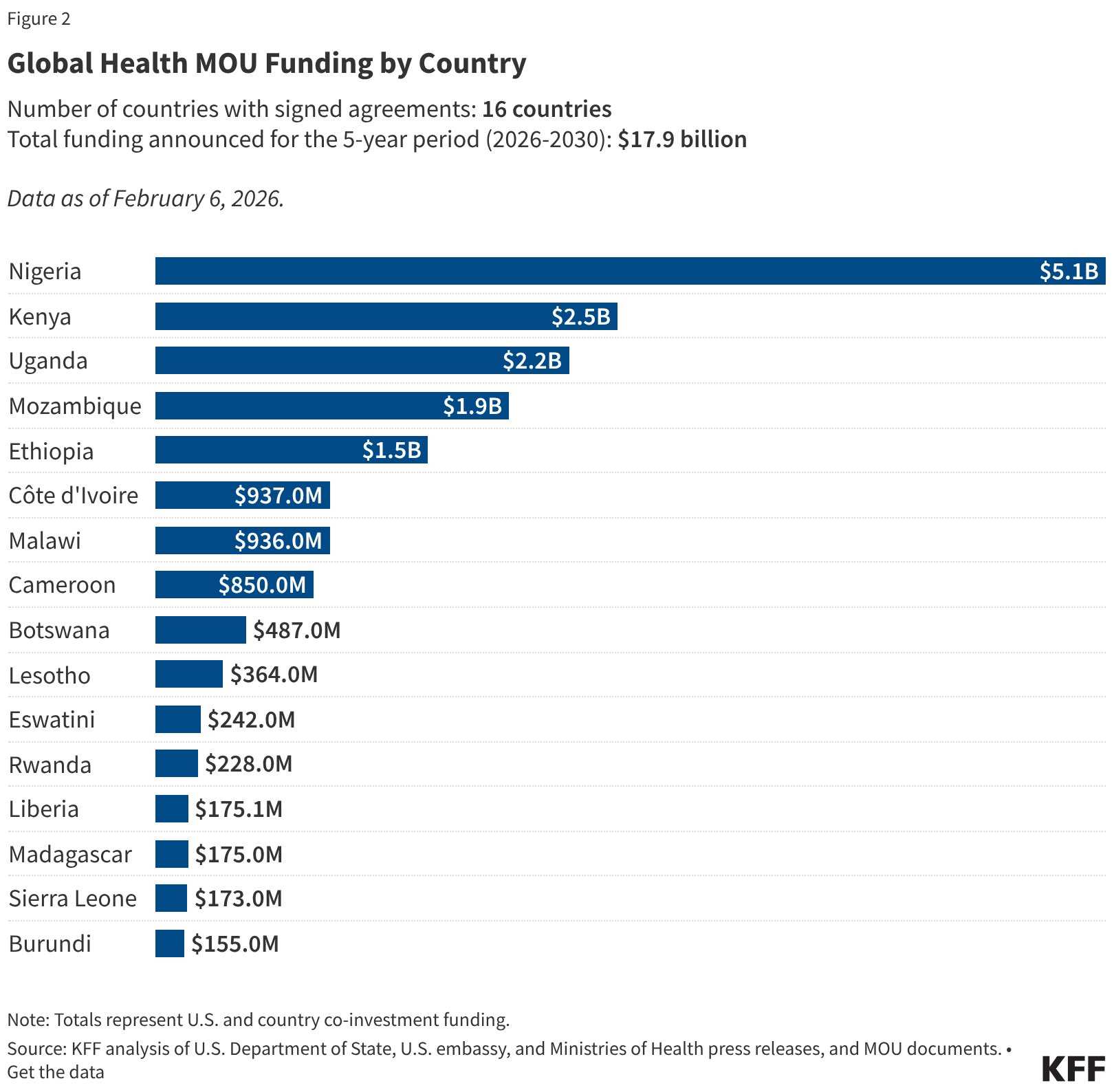
Philemon Jambaya
The Committee to Protect Journalists released its annual prison census, revealing a disturbing trend: Israel has emerged as one of the world’s leading jailers of journalists. With 17 journalists behind bars as of December 1, 2023, Israel now sits in sixth place on the grim list, marking the highest number of Palestinian journalists detained since CPJ began documenting arrests in 1992.
This unprecedented ranking stems from Israel’s extensive use of administrative detention in the occupied West Bank. This practice allows military commanders to detain individuals without charge and extend their confinement indefinitely, ostensibly to prevent future offenses. However, critics argue that this system is often abused to silence dissent and stifle critical reporting.
The rise in journalists’ imprisonment in Israel coincides with the ongoing Israel-Gaza war, during which over 80 journalists have been killed. This confluence of events highlights a troubling erosion of press freedom in the region and raises serious concerns about Israel’s commitment to democratic values.
Globally, the picture is equally concerning. CPJ’s census found 320 journalists imprisoned for their work on December 1, 2023, the second-highest number ever recorded. Authoritarian regimes continue to weaponise laws against critical reporting, often resorting to charges like “false news” and “terrorism” to silence dissent.
Related Stories
Asia remains the region with the most jailed journalists, with China, Myanmar, and Vietnam topping the list. India's upcoming April elections are expected to be a litmus test for press freedom in a country where journalists face routine harassment, raids, and dangerous anti-terror legislation.
Europe and Central Asia are also not immune to this trend. Belarus and Russia, allies in the war against Ukraine, hold a disproportionate number of journalists behind bars. Belarus has cracked down heavily on journalists since 2020’s mass protests against President Lukashenko, while Russia continues to jail foreign reporters and target journalists living in exile.
Sub-Saharan Africa also saw a rise in imprisoned journalists, with Eritrea, Ethiopia, and Cameroon holding the dubious distinction of the region’s worst offenders. Ethiopia’s recent return of a journalist from exile and Cameroon’s increasing use of anti-state charges underscore the ongoing challenges to press freedom in the region.
The Middle East and North Africa witnessed a slight decline in imprisoned journalists, primarily due to Iran releasing many detained during the 2022 protests on bail. However, the use of “false news” and “terrorism” charges against journalists in countries like Egypt, Saudi Arabia, and Morocco remains a cause for concern.
Latin America and the Caribbean saw few journalists imprisoned, but the region still faces challenges. The case of José Rubén Zamora in Guatemala, who remains jailed despite a court overturning his conviction, highlights the ongoing threats to press freedom in the region.
The CPJ is actively working to address these challenges by providing financial and legal support to journalists, advocating for their release, and raising awareness about the importance of press freedom. However, it is evident that a global effort is needed to reverse the tide of journalist imprisonment and protect the right to free and independent reporting




















Leave Comments